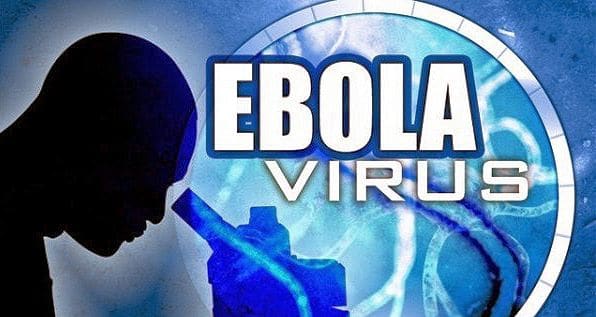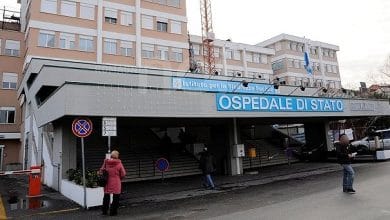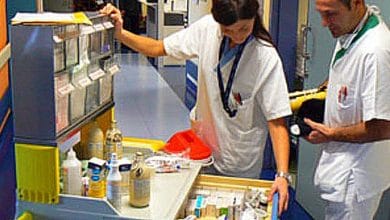
Today, for example, he was invited by a large pharmaceutical multinational "to speak to scientific informants about Ebola. It is right that they too are aware of the problem"
Monday 23 March 2015 – MeteoWeb.eu
 The forecast of an end to the epidemic by August 2015 made by the UN “could be truthful and concrete. In some areas of Sierra Leone there have been no new cases for a few days and we hope it will continue like this. Maybe even before August” it will be possible to confirm that the disease has been defeated in West Africa. To launch his wish is Fabrizio Pulvirenti, Emergency infectious disease doctor, the first Italian infected and cured of Ebola, during a mission in Sierra Leone, a country he continues to follow closely and where he could return "soon, between the end of May and June".
The forecast of an end to the epidemic by August 2015 made by the UN “could be truthful and concrete. In some areas of Sierra Leone there have been no new cases for a few days and we hope it will continue like this. Maybe even before August” it will be possible to confirm that the disease has been defeated in West Africa. To launch his wish is Fabrizio Pulvirenti, Emergency infectious disease doctor, the first Italian infected and cured of Ebola, during a mission in Sierra Leone, a country he continues to follow closely and where he could return "soon, between the end of May and June".
On the day in which the 'anniversary' of the beginning of the epidemic is remembered, Pulvirenti tells Adnkronos Salute: “Tomorrow I will go again to the Spallanzani hospital in Rome to donate blood from which plasma is obtained to treat the infected. I don't know if it will be for patients in Africa, but I am giving it to anyone who needs it. I have also given availability to return to Sierra Leone, which should take place at the end of May, beginning of June. Everything will depend on the progress of the epidemic, if there are no new cases the presence of an infectious disease specialist will be useless ”, he reflects.
 In the meantime, the expert is continuing his dissemination activities in Italy: today, for example, he was invited by a large pharmaceutical multinational “to speak to scientific representatives about Ebola. It is right that they too should be aware of the problem”. As for the accusations of delays in raising the alarm that arrived in recent days at the World Health Organization, Pulvirenti points out: “I have my doubts that the WHO may have withheld the notification of an epidemic for economic interests. The mission of this body is the protection of health, not of economic affairs".
In the meantime, the expert is continuing his dissemination activities in Italy: today, for example, he was invited by a large pharmaceutical multinational “to speak to scientific representatives about Ebola. It is right that they too should be aware of the problem”. As for the accusations of delays in raising the alarm that arrived in recent days at the World Health Organization, Pulvirenti points out: “I have my doubts that the WHO may have withheld the notification of an epidemic for economic interests. The mission of this body is the protection of health, not of economic affairs".
And the expert also points out a 'negative side' of the decline in new infections: “The fewer patients we have, the less chance there is of finding patients to enroll in trials to experiment with new drugs. At the moment, at least in Sierra Leone, however, we are proceeding with the collection of plasma from convalescents and in the Emergency center we continue to treat people with intensive care with positive results", he concludes.





